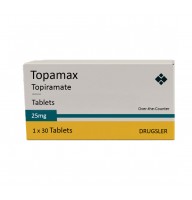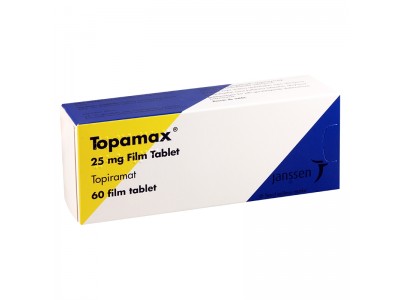Topiramate is a medication primarily used to treat epilepsy and prevent migraines. It is classified as an anticonvulsant or antiepileptic drug. For epilepsy, topiramate helps to control seizures by stabilizing the electrical activity in the brain, reducing the frequency and severity of these episodes. In the case of migraines, it is used as a preventive treatment to decrease the number and intensity of migraine attacks, although it is not effective for treating acute migraine pain once it has started.
Topiramate's mechanism of action involves several pathways. It enhances the activity of gamma-aminobutyric acid (GABA), an inhibitory neurotransmitter in the brain, which helps to calm neuronal activity. It also inhibits the action of certain excitatory neurotransmitters and modulates voltage-gated sodium channels, contributing to its anticonvulsant and migraine-preventive effects.
In addition to its primary uses, topiramate is sometimes prescribed off-label for other conditions such as bipolar disorder, alcohol dependence, and weight loss, especially in combination with other medications like phentermine. The drug is available in various forms, including tablets and sprinkle capsules, which can be opened and mixed with food for easier ingestion.
Topiramate can cause a range of side effects. Common ones include weight loss, tingling sensations in the hands and feet, dizziness, fatigue, and cognitive issues such as difficulty with concentration and memory. More severe side effects can include metabolic acidosis, kidney stones, glaucoma, and serious skin reactions. Due to the potential for significant side effects, it is important that topiramate be taken under the supervision of a healthcare provider, who can monitor for adverse reactions and adjust the dosage as necessary.
Overall, topiramate is a versatile medication with several therapeutic applications, primarily for seizure control and migraine prevention, but it must be used with careful consideration of its side effect profile and under medical supervision.

